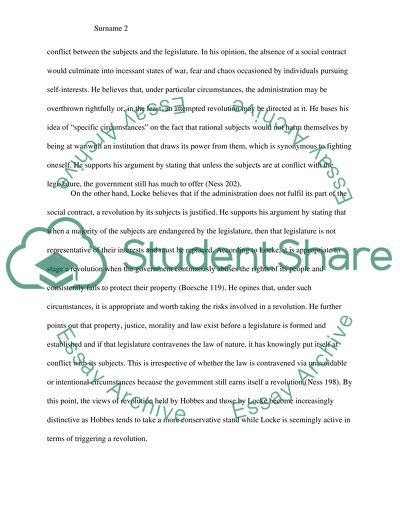Revolution Essay Example | Topics and Well Written Essays - 750 words. Retrieved from https://studentshare.org/history/1489448-revolution
Revolution Essay Example | Topics and Well Written Essays - 750 Words. https://studentshare.org/history/1489448-revolution.


